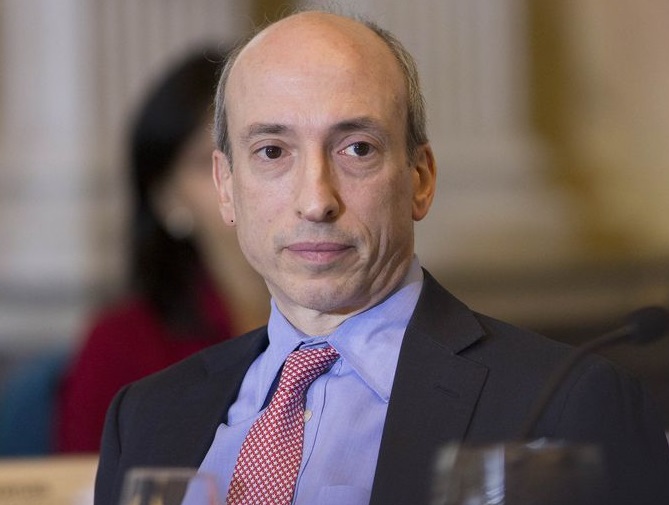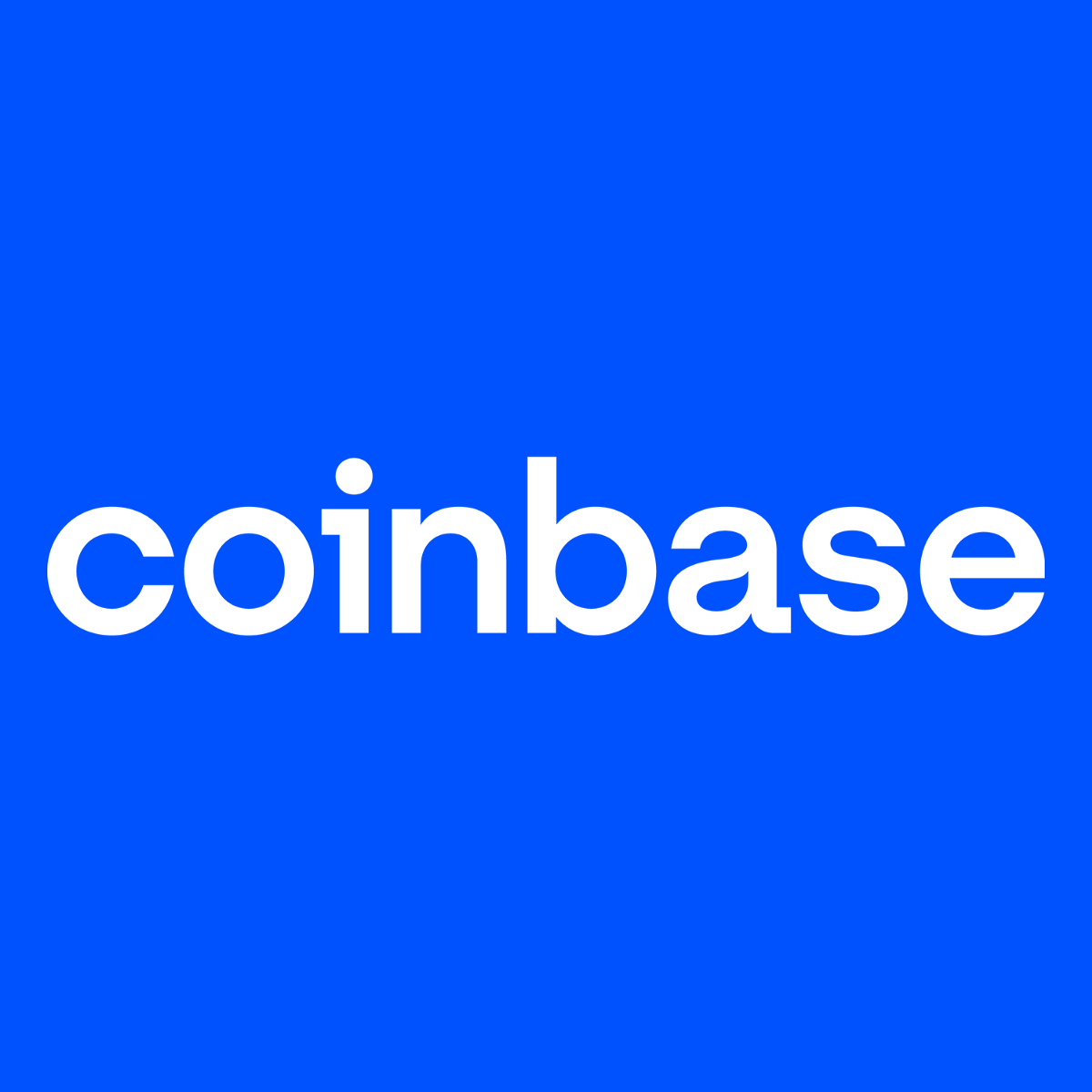By Jared Whitley. September 16, 2021. (Seeking Alpha).
The U.S. Securities and Exchange Commission (SEC) is playing a ridiculous game with the blockchain and cryptocurrency industry and the millions of investors it claims it’s trying to protect. The agency insists there is “clarity” on the rules it applies to digital assets, but will only communicate them through lawsuits. It tells the best, most innovative U.S. blockchain companies to “come in, talk to us,” and share the details of their product development line under the false pretense of guidance on being compliant, only to slap them with subpoenas instead. Not even the highest-priced securities lawyers can tell these companies what compliance looks like with any certainty. It’s driving exasperated American innovators overseas, and putting our economic future in danger.
If previous SEC Chairman Jay Clayton was the “most conflicted chairman in history”, then Biden’s pick – Gary Gensler – is the most clueless. Ever since he was confirmed he’s been saying that the rules on what makes a digital asset a security are “clear” and that he’s dedicated to “protecting investors”. But ask any retail digital asset investor and you’ll know that nothing is clear and none of them feels protected by Gensler. Quite the contrary, they see Gensler as the danger they need protection from.
It doesn’t even help to register your blockchain enterprise with the SEC to list it on the stock market. Coinbase, the leading crypto exchange platform, went public earlier this year and subjected itself to the full SEC cavity search. It competes with many non-listed blockchain companies offering lending products who haven’t faced any enforcement action from the SEC. Coinbase’s CEO Brian Armstrong shared his proposed lending product with Gensler’s people and they warned him if he started offering it, they’d drag him into court unless he registered the offerings as securities. He asked for guidance on why, and they refused to answer. A Wells notice followed, which is how the SEC warns you a lawsuit is coming. This behavior by the SEC was so shocking that some of Coinbase’s fiercest competitors rose to its defense.






